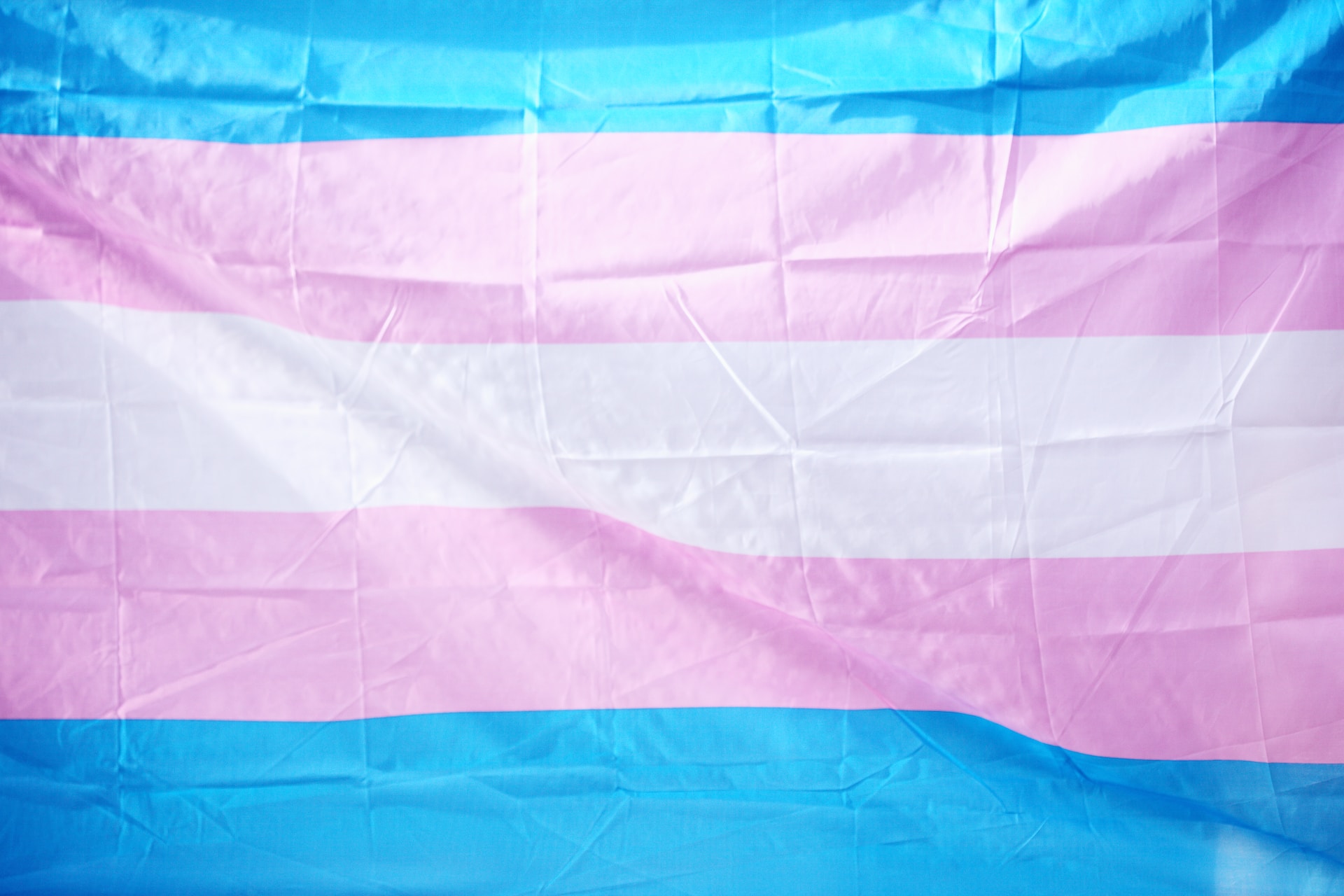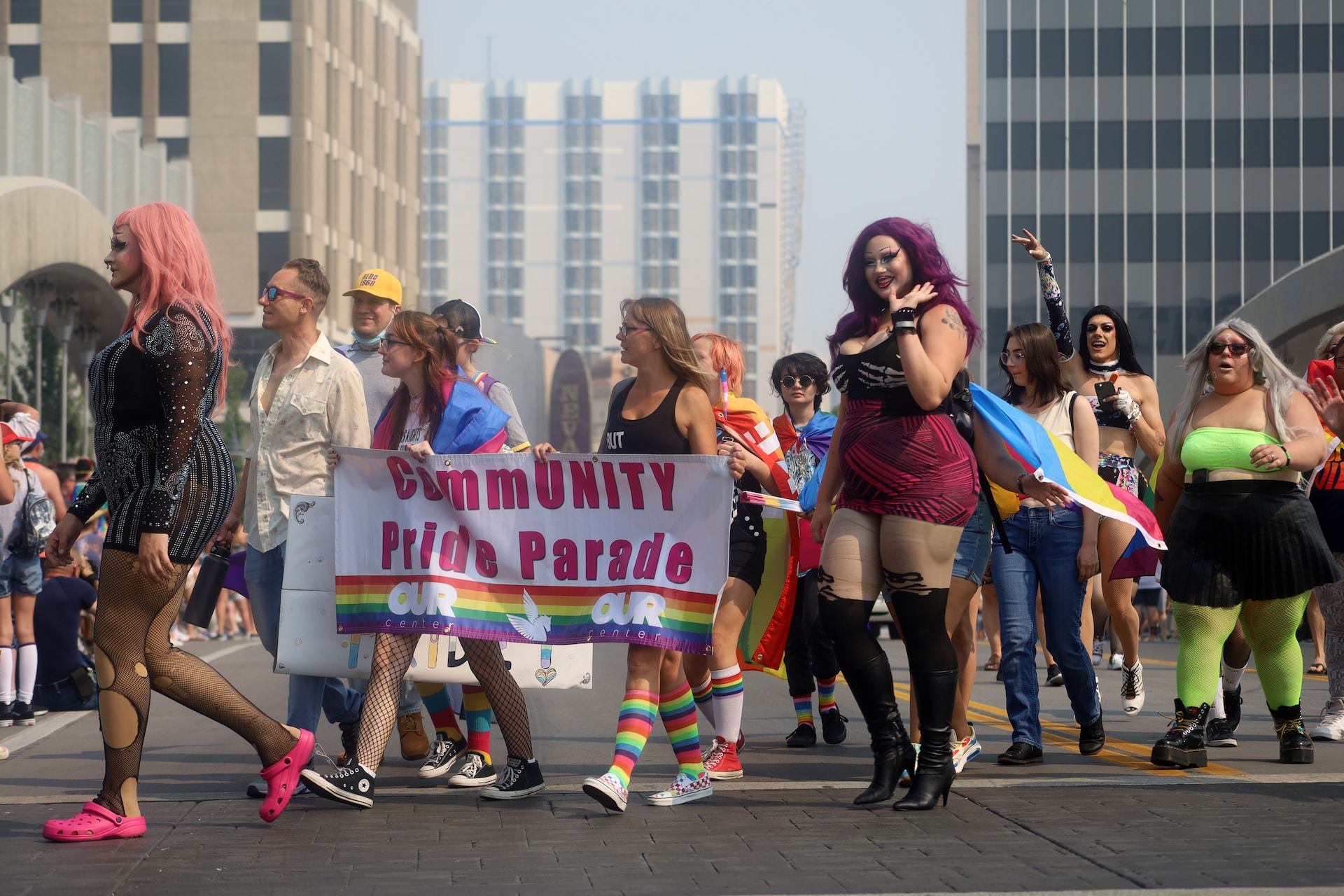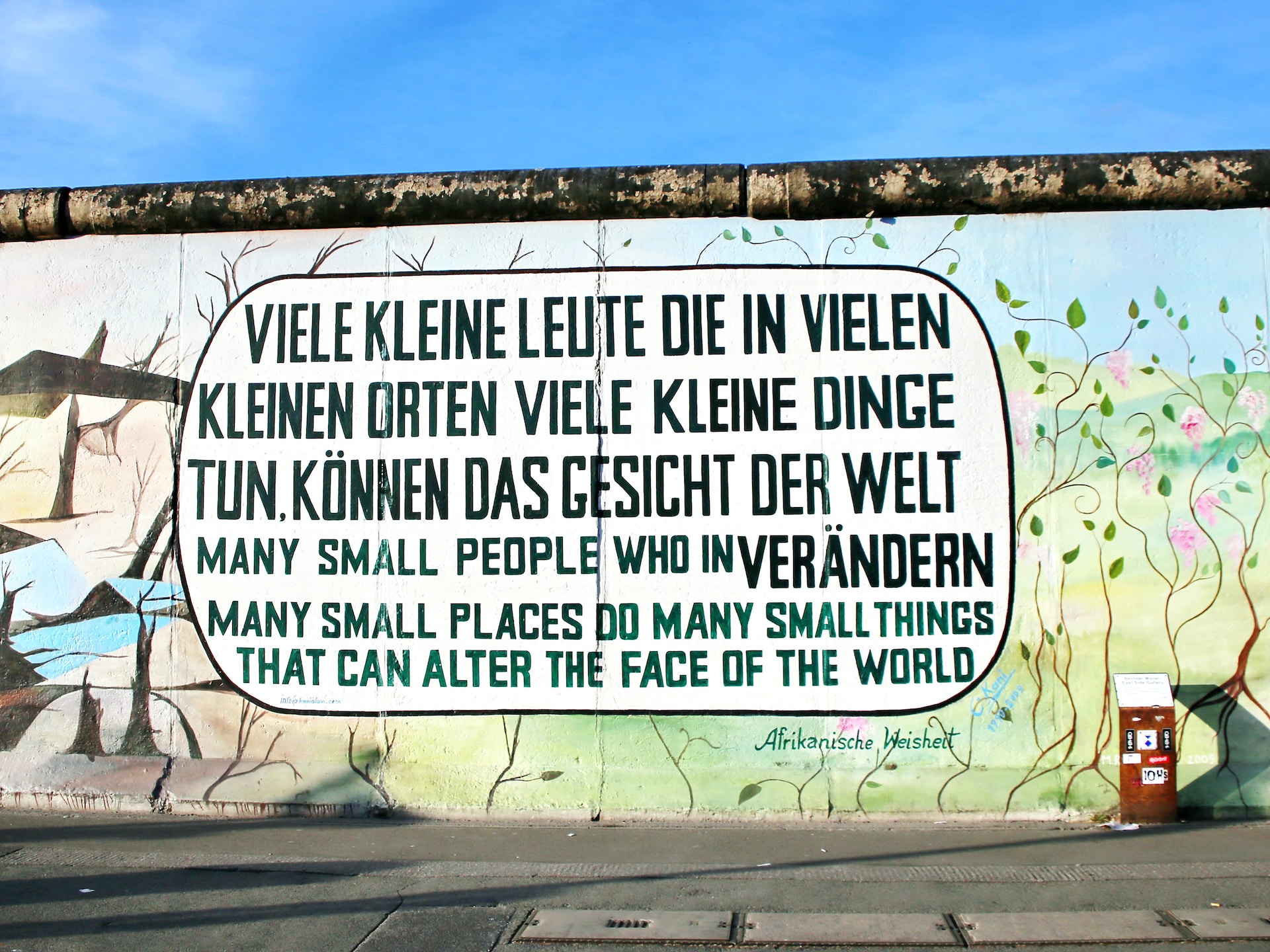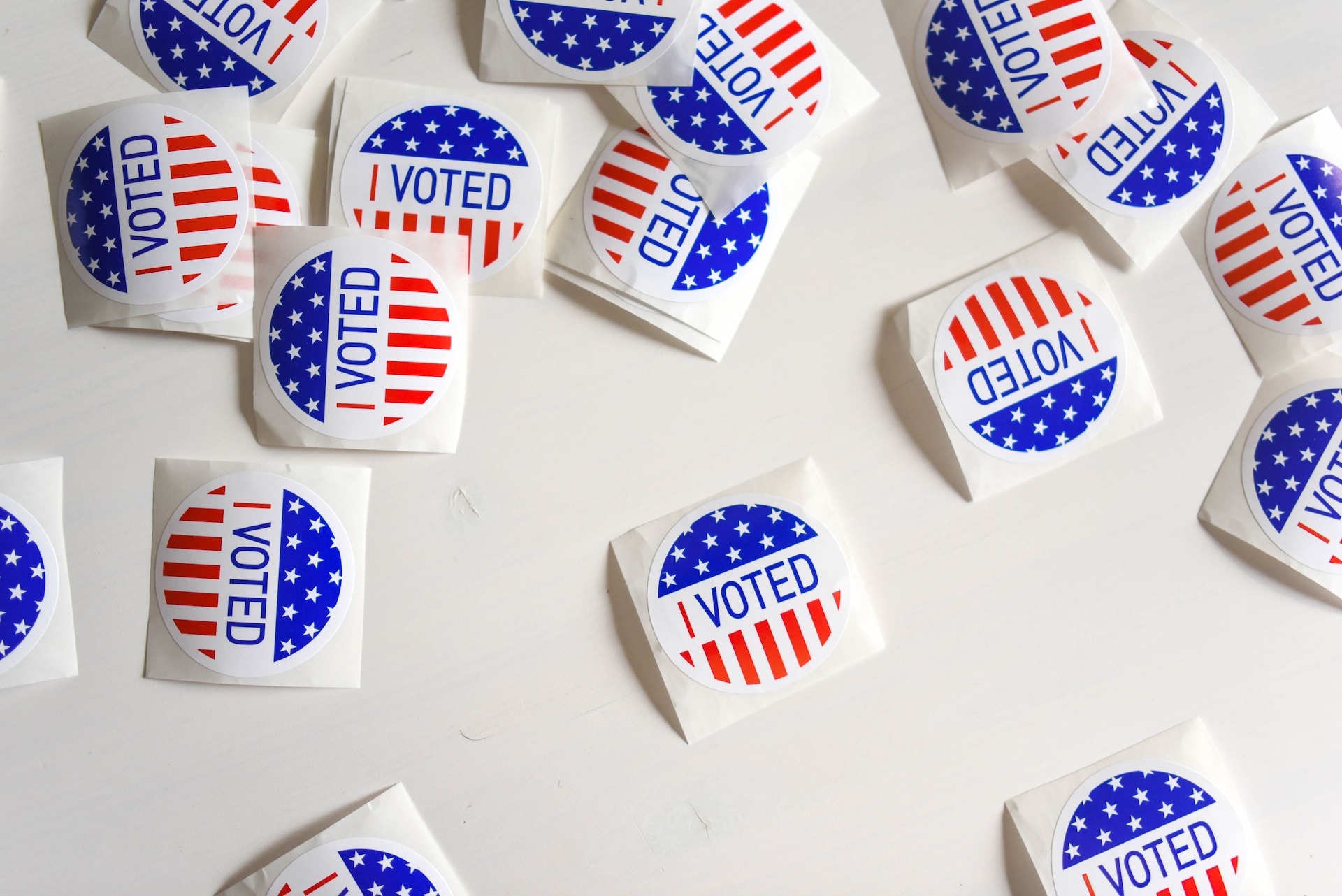Today is Transgender Day of Remembrance / Resilience, honoring those killed by anti-trans violence, which overwhelmingly targets Black and Latinx trans women and femmes. In 2014, the Audre Lorde Project founded Trans Day of Resilience to celebrate the power of the living trans family. When talking about these issues, cite the values of voice and equality.
Tag: social justice
Desegregation of Buses in Alabama (Browder v. Gayle)
On Nov. 13, 1956, the U.S. Supreme Court struck down segregation on Montgomery buses (Browder v. Gayle) and ordered Alabama to desegregate all public buses. Less than a year before, activist Rosa Parks was arrested for violating bus segregation laws by refusing to give up her bus seat to a white man. Her action launched a boycott of the buses that lasted for months. Fred Gray filed a lawsuit challenging bus segregation in federal district court on behalf of four Black women who had faced discrimination. Use this anniversary to discuss the values of voice and equity.
Transgender Awareness Week
Transgender Awareness Week (November 13th-19th) raises the visibility of transgender and gender non-conforming people in order to address the issues faced by the community. When discussing transgender concerns, be sure to refer to the values of voice, safety, and community.
Hunger and Homelessness Awareness Week
Hunger and Homelessness Awareness Week is sponsored each year by the National Coalition for the Homeless and the National Student Campaign Against Hunger and Homelessness. The event is an annual opportunity for people to come together and draw attention to the problems of hunger and homelessness. When talking about homelessness this week, cite the values of community and economic opportunity.
Sesame Street Airing Anniversary
On Nov. 10, 1969, the public television children’s show, Sesame Street, first aired. At the time, it was the most racially diverse children’s show ever on TV. As one of the actors, Loretta Moore Long, noted, Sesame Street “seeks to bolster the Black and minority child’s self-respect and to portray the multi-ethnic, multicultural world into which both majority and minority child are growing.” Use this anniversary to talk about the need for inclusion and intersectionality in television programs. Cite the values of voice, equity, and community.
Fall of Berlin Wall
On Nov. 9, 1989 the Berlin Wall fell. The anniversary is an opportunity to discuss militarization at the U.S. southern border and pivot to an affirmative vision of what it looks like to protect human rights and invest in creating economic opportunity in border communities. Cite the values of safety and community.
Election Day 2023
Across the country, voters will also go to the polls to cast their ballots on Election Day. After the Supreme Court gutted key protections of the Voting Rights Act, many states are finding new ways to disenfranchise voters. Cite the values of voice and community when talking about Election Day.
Carlisle Indian School Opened
The Carlisle Indian School opened in Carlisle, Pennsylvania on Nov. 1, 1879. It was the first boarding school of many that the federal government set up to forcefully assimilate Native children into white culture after taking them from their families. When discussing the United States’ history of Indian schools, cite the values of economic opportunity, community, and voice.
Native American Heritage Month
Native American Heritage Month comes on the heels of Indigenous Peoples’ Day and presents an opportunity to emphasize how we must celebrate and honor — not erase — the past, present, and future of Native peoples in the United States. Discuss the values of voice and economic opportunity.
Alexander v. Holmes County Board of Education
On this day in 1969, the Supreme Court ruled in the case of Alexander v. Holmes County Board of Education that schools in the South had to desegregate “immediately,” instead of the previous ruling of “with all deliberate speed.” The case was brought by Beatrice Alexander, on behalf of her children, after she sued the Holmes County, Mississippi School District. At its core, today’s attacks on critical race theory promote dishonesty about our nation’s history. Use this anniversary to acknowledge the ongoing work of racial equity in our schools and communities. Cite the values of Voice, Equality, and Mobility.







